Proximity Sensors 18mm PNP NO in Pakistan
₨ 600.00
- Proximity Sensors 18mm PNP NO in Pakistan, designed to revolutionize your electronic devices. With its PNP configuration, this sensor seamlessly integrates with other components, making it easy to enhance your electrical systems.
- Operating on the principle of the normally open (NO) circuit, these sensors provide accurate proximity detection. The PNP (Positive-Negative-Positive) configuration refers to the type of output transistor used in the sensor, which allows for easy integration with other electronic devices.
- Crafted for precision and reliability, the Proximity Sensors 18mm PNP NO are perfect for various applications. Whether you’re working on automating processes or creating advanced robotics, these sensors offer unmatched performance.
- The image showcases a white wire with a black band, connected to a device that appears to be an essential part of an electrical system. This glimpse into its functionality highlights its value in workshops and similar environments.
In stock
Proximity Sensors
Proximity sensors have become an essential component in various industries, including manufacturing, automotive, and electronics. These sensors play an important role in detecting the presence or absence things in the following certain choice. In Pakistan, proximity sensors have gained popularity due to their reliability and efficiency. One such type of proximity sensor is the 18mm PNP NO sensor. In this guide, we will explore everything you need to know about Proximity Sensors 18mm PNP NO in Pakistan.
Understanding Proximity Sensors 18mm PNP NO
Proximity sensors 18mm PNP NO, also known as Normally Open sensors, are widely used in industrial applications. These sensors operated with the purpose of detecting modifications to the magnetic sector. When an object comes within the sensing range of the sensor, it disrupts the magnetic field, causing the sensor to trigger an output signal. The 18mm size refers to the diameter of the sensor, making it suitable for applications where space is limited.
The PNP NO configuration of these sensors means that the sensor’s output is normally open, and it becomes closed when an object is detected. This configuration is commonly used in industrial automation systems, where the sensor’s output is connected to a PLC (Programmable Logic Controller) or other control devices. The PNP NO configuration allows for easy integration into existing systems, making it a popular choice among manufacturers in Pakistan.
How Proximity Sensors Work
Proximity sensors, including the Proximity Sensors 18mm PNP NO in Pakistan, work based on different principles such as inductive, capacitive, and magnetic. When the object comes within the sensing range, it affects the electromagnetic field, triggering the sensor to produce an output signal. These sensors consist of a coil that generates a magnetic field. When an object enters the sensing range, it alters the magnetic field, causing a change in the sensor’s output.
Advantages of Using Proximity Sensors 18mm PNP NO
Proximity sensors 18mm PNP NO offer several advantages that make them a preferred choice in industrial applications in Pakistan:
- Non-Contact Detection: These sensors can detect objects without physical contact, eliminating the risk of wear and tear and reducing maintenance requirements.
- High Accuracy and Reliability: Proximity sensors provide accurate and reliable detection, ensuring consistent performance in various operating conditions.
- Fast Response Time: These sensors have a fast response time, allowing for quick detection of objects and triggering of desired actions in machines or systems.
- Easy Integration: The PNP NO configuration of these sensors allows for easy integration into existing systems, reducing installation time and costs.
Factors to Consider When Choosing Proximity Sensors in Pakistan
When selecting proximity sensors 18mm PNP NO for your specific application in Pakistan, it is important to consider the following factors:
- Sensing Range: Determine the required sensing range based on the distance at which you need the sensor to detect objects accurately.
- Operating Environment: Consider the environmental conditions, such as temperature, humidity, and presence of dust or chemicals, to choose sensors that can withstand these conditions.
- Output Type: Decide whether you need a normally open (NO) or normally closed (NC) sensor based on your application requirements and compatibility with your control system.
- Mounting Options: Consider the available mounting options, such as flush or non-flush mounting, and choose the one that best suits your installation requirements.
- Quality and Reliability: Ensure that the proximity sensors you choose are of high quality and have a proven track record of reliability to avoid frequent replacements and downtime.
Best Practices for Installing and Maintaining Proximity Sensors
- Regular Cleaning: Clean the sensors regularly to remove any dirt, dust, or debris that may affect their performance. Use non-abrasive cleaning agents and follow the manufacturer’s guidelines.
- Periodic Calibration: Depending on the application, consider calibrating the sensors periodically to maintain accurate detection and prevent false triggering.
- Preventive Maintenance: Implement a preventive maintenance schedule to inspect and test the sensors regularly. Replace any faulty sensors promptly to avoid disruptions in operations.
Common Troubleshooting Issues with Proximity Sensors
While proximity sensors 18mm PNP NO are generally reliable, there are some common issues that may arise. Here are a few troubleshooting tips:
- False Triggering: If the sensor is triggering falsely, check for any electromagnetic interference or incorrect alignment with the objects. Adjust the sensor position or shield it from external sources of interference.
- Inconsistent Detection: If the sensor’s detection is inconsistent, inspect the sensing range and adjust it if necessary. Also, check for any obstructions or foreign objects that may hinder the sensor’s performance.
- Sensor Failure: If all troubleshooting steps fail, it may indicate a faulty sensor. Replace the sensor with a new one from a reliable manufacturer.
Conclusion and Final Thoughts on Proximity Sensors 18mm PNP NO in Pakistan
Proximity sensors 18mm PNP NO are a valuable tool in various industries in Pakistan, offering reliable and efficient object detection capabilities. Their non-contact nature, compact size, and easy integration make them a popular choice among manufacturers. By considering the factors mentioned in this guide and following best practices for installation and maintenance, you can ensure optimal performance and longevity of these sensors in your specific application. Remember to choose high-quality sensors from trusted manufacturers to avoid unnecessary downtime and replacements.
| Weight | .2 kg |
|---|
1 review for Proximity Sensors 18mm PNP NO in Pakistan
Add a review Cancel reply
You must be logged in to post a review.
Related products
Industrial Sensors, Button, limit switches and other input devices Pakistan
Industrial Sensors, Button, limit switches and other input devices Pakistan
Thermocouple K-type Thread M8 Screw Probe 2 Meter Shield Wire near 2.5 Sooter in Pakistan
Industrial Sensors, Button, limit switches and other input devices Pakistan
MI Limit Switch Adjustable/Rotatable Roller Arm Type Mi-8108
Industrial Sensors, Button, limit switches and other input devices Pakistan
Inductive Proximity Sensor NPN NC(normally close) 6-36v DC 12mm In Pakistan
Industrial Sensors, Button, limit switches and other input devices Pakistan
Industrial Sensors, Button, limit switches and other input devices Pakistan
Industrial Sensors, Button, limit switches and other input devices Pakistan
Omron Incremental Rotary Encoder E6B2-CWZ6C 360P/R in Pakistan
Industrial Sensors, Button, limit switches and other input devices Pakistan
Tractive Magnet Solenoid Electromagnet SA-2402 AC weight plunger Pakistan
Industrial Sensors, Button, limit switches and other input devices Pakistan
Industrial Sensors, Button, limit switches and other input devices Pakistan
LED Light Push Button Switch LA38 203 22mm Red Tiktik in Pakistan
Industrial Sensors, Button, limit switches and other input devices Pakistan
Industrial Sensors, Button, limit switches and other input devices Pakistan
Thermocouple K-type Thread M6 Screw Probe near 2 Sooter in Pakistan

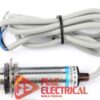
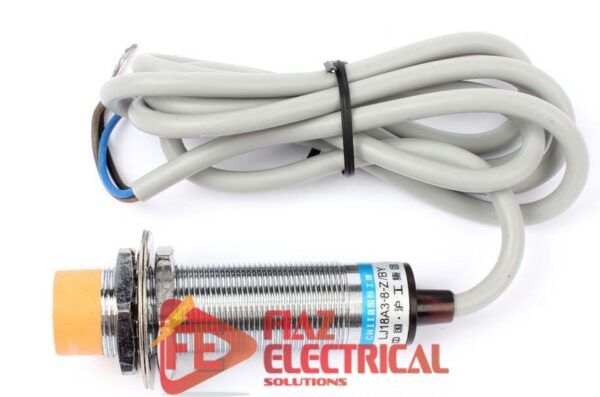
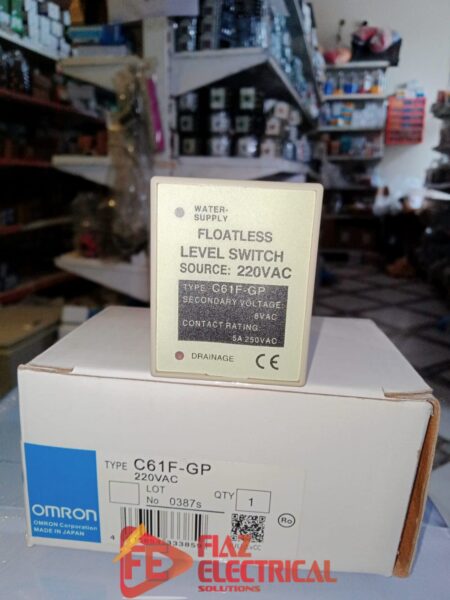
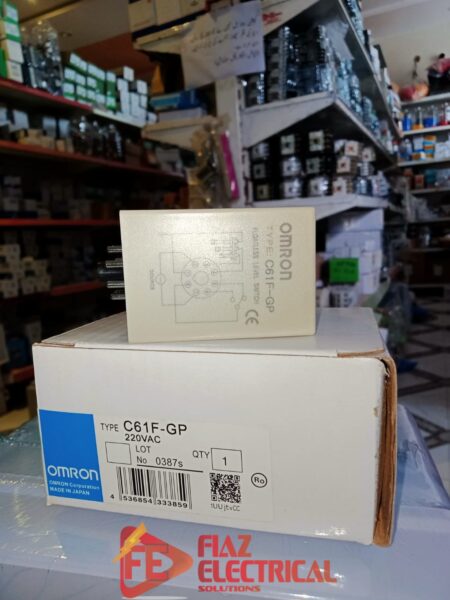
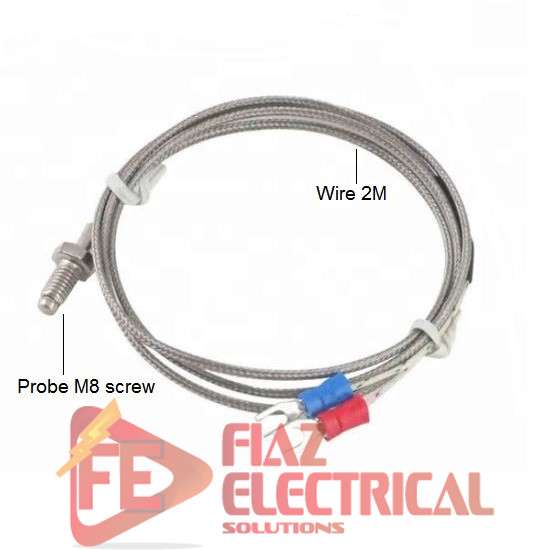

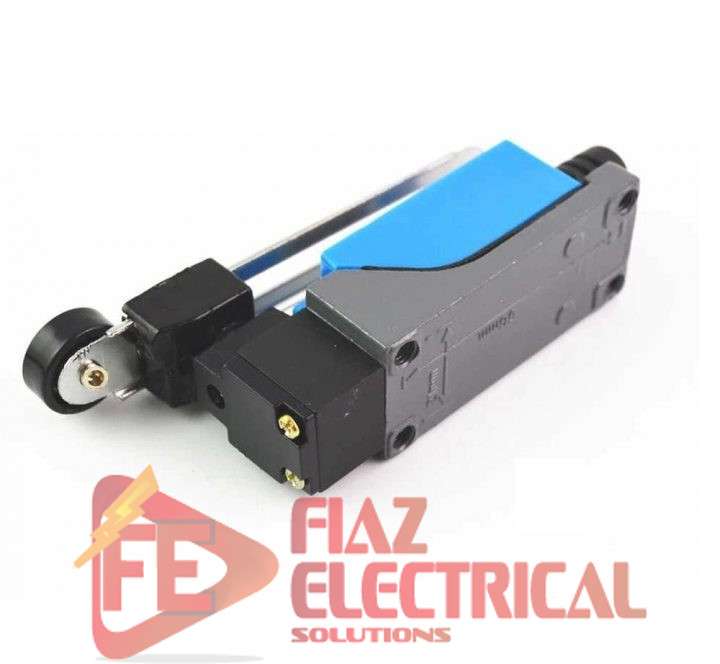
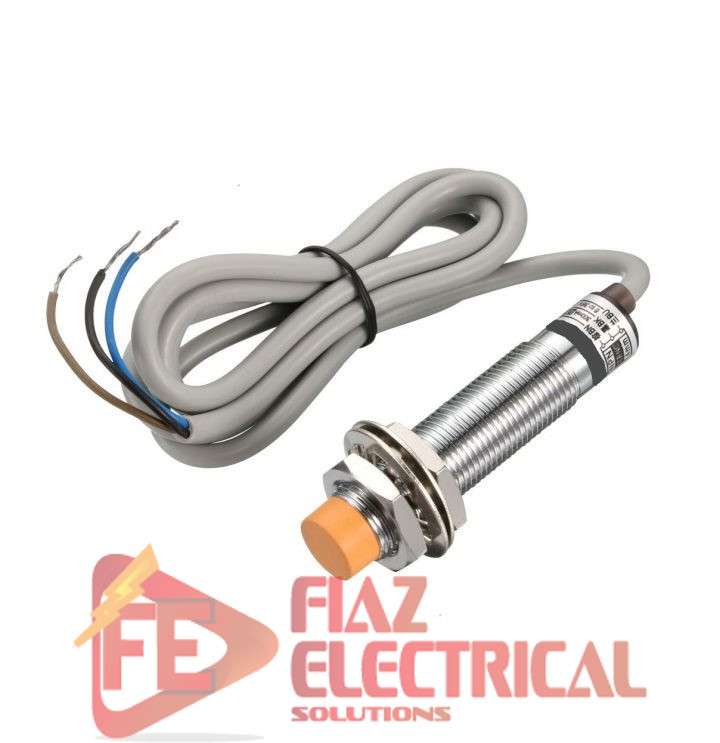
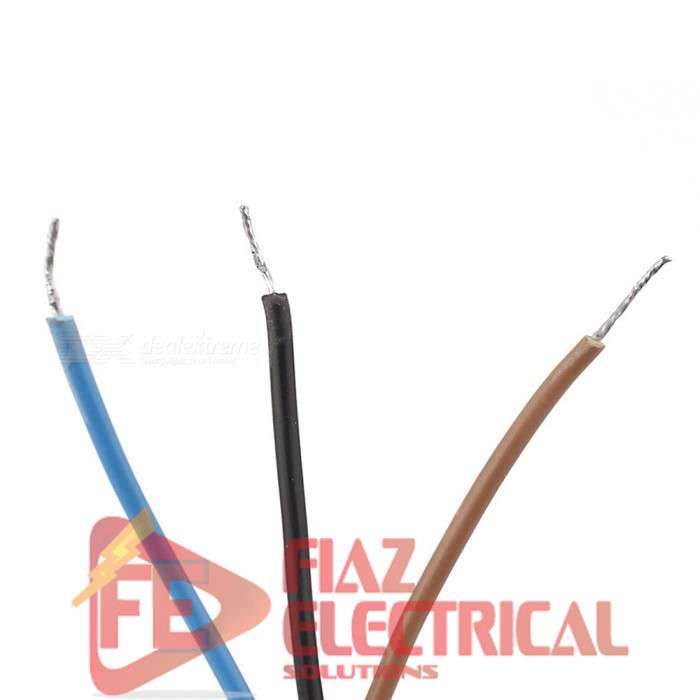
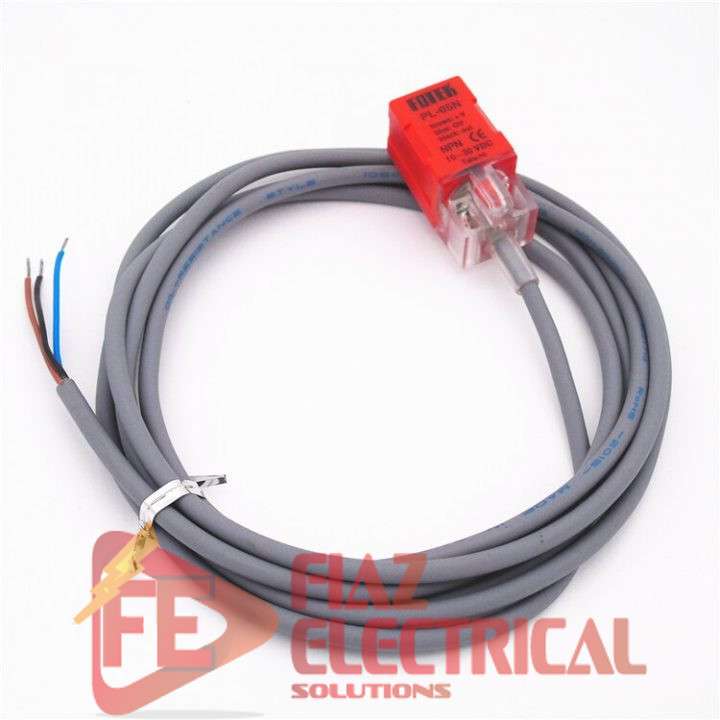
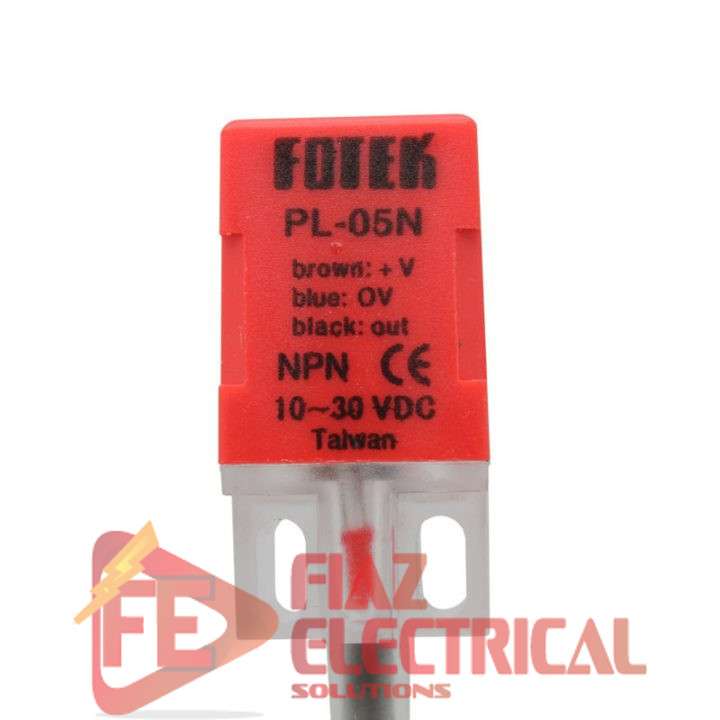
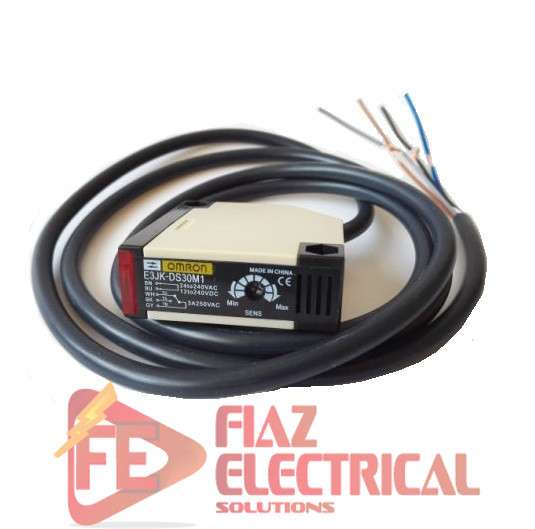
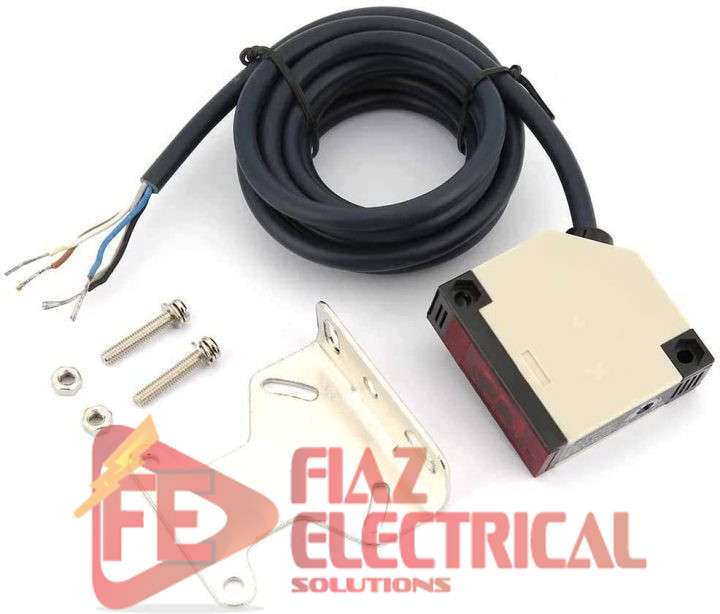

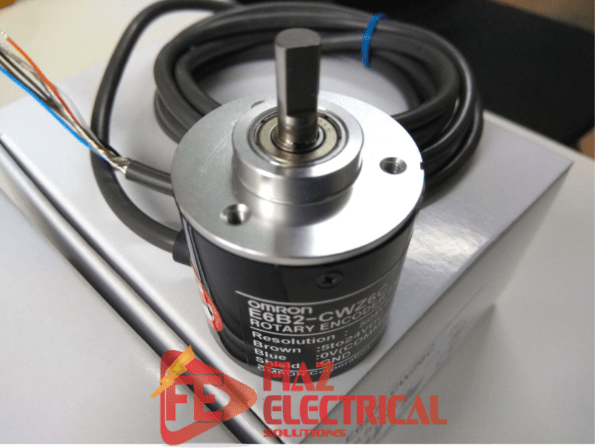

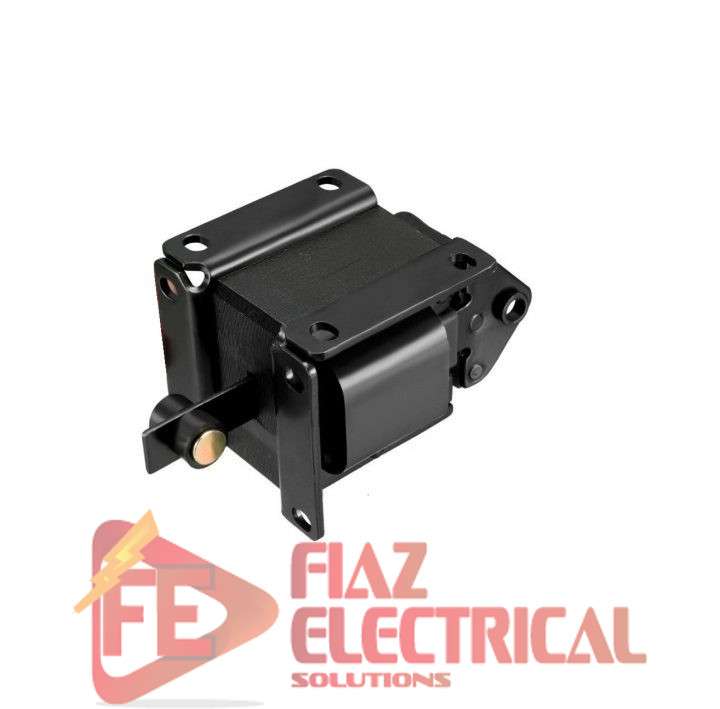

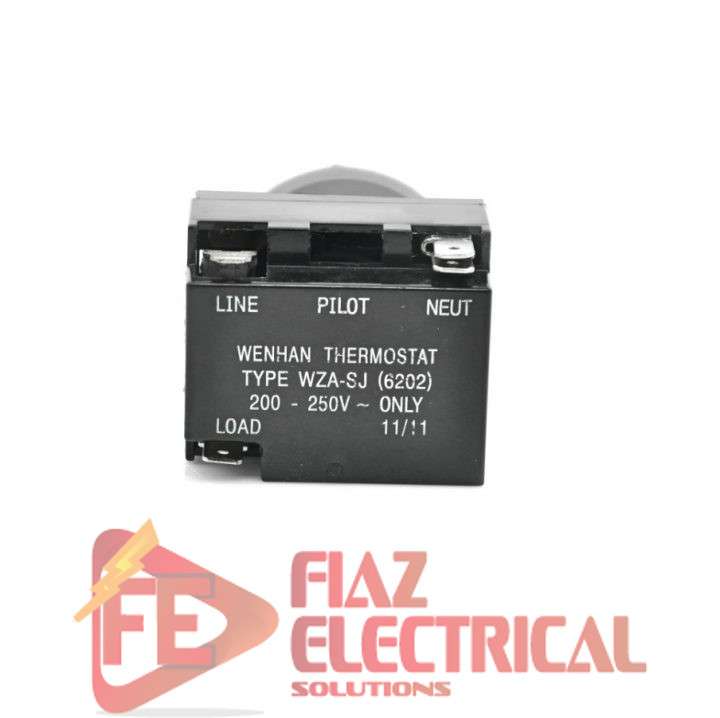
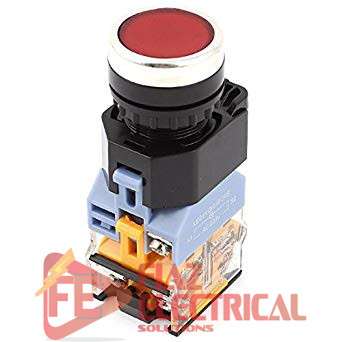

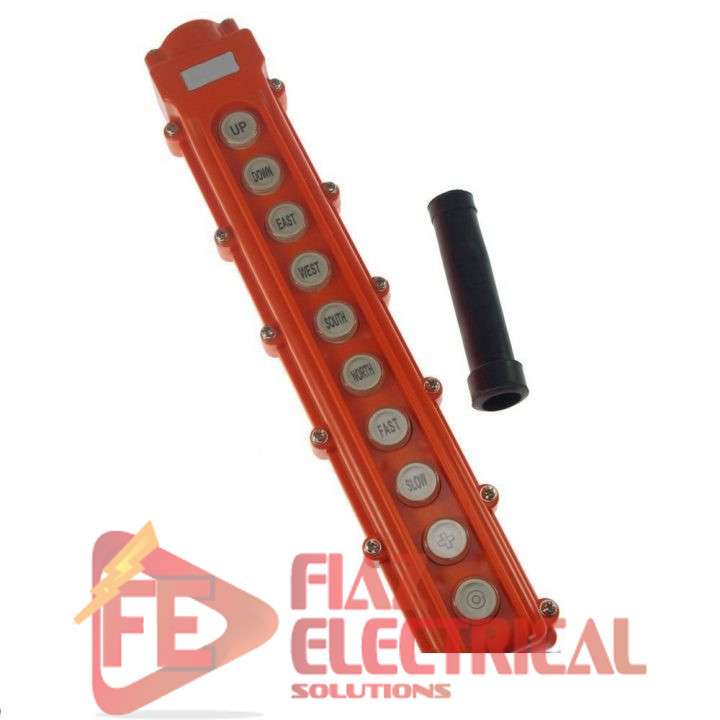
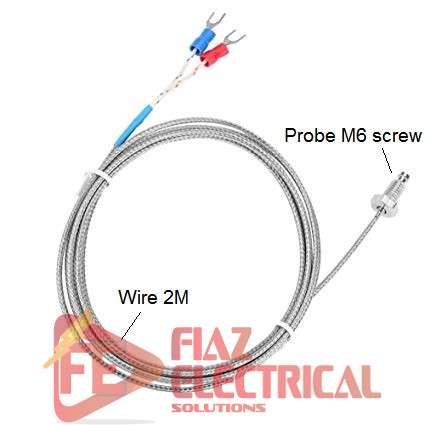
zain ahmad –
Nice product. Packing very good. Long lasting